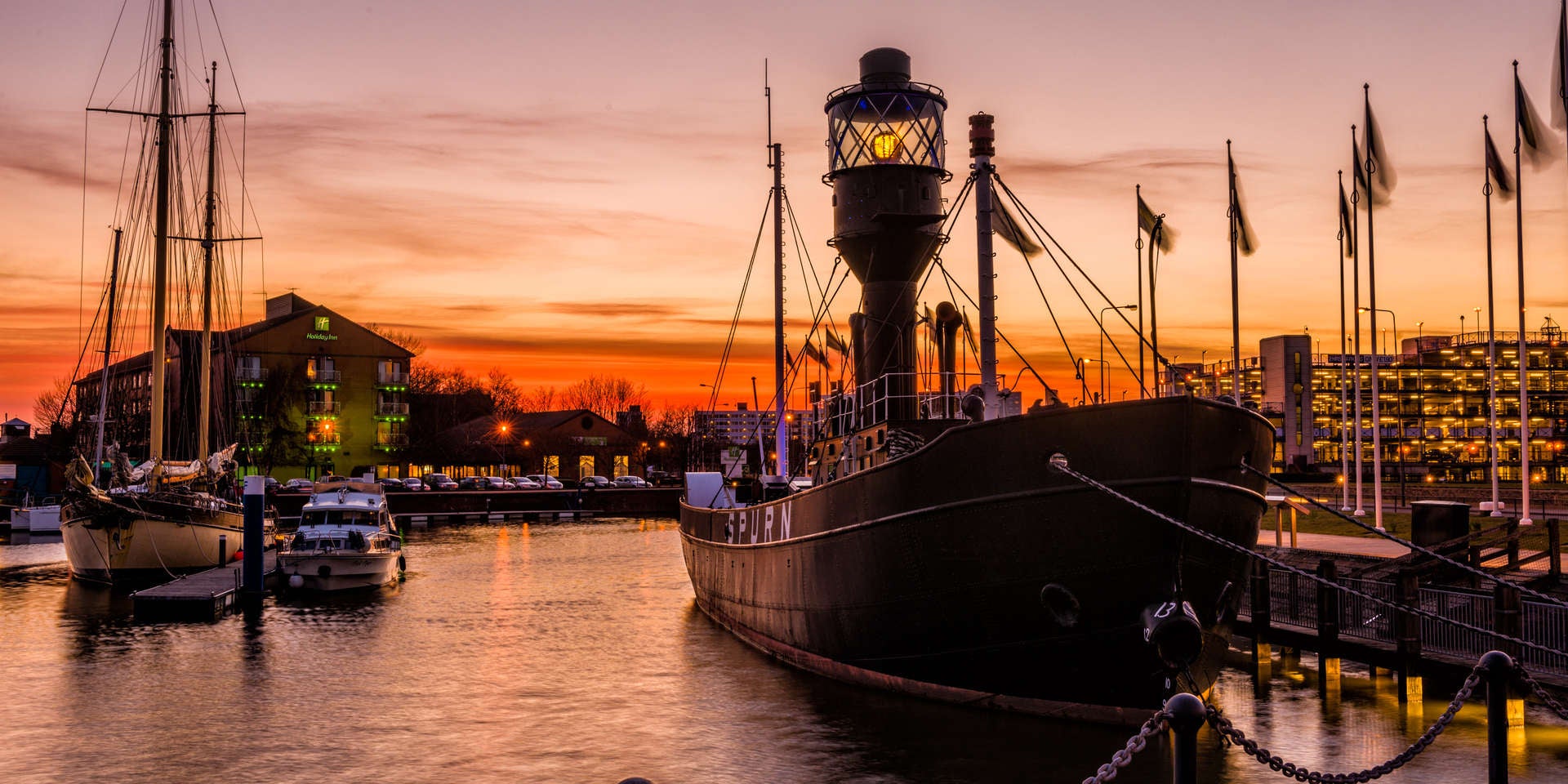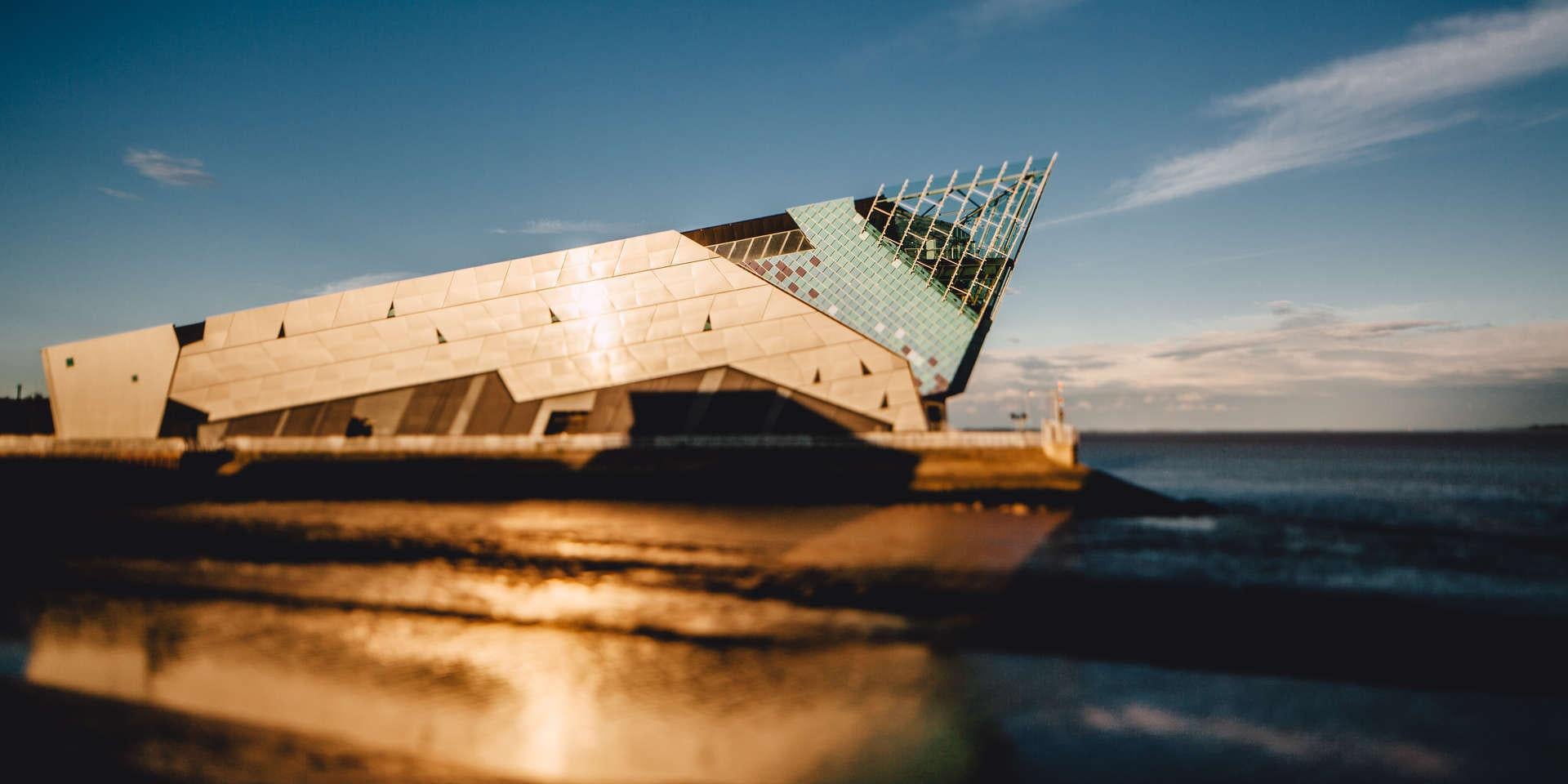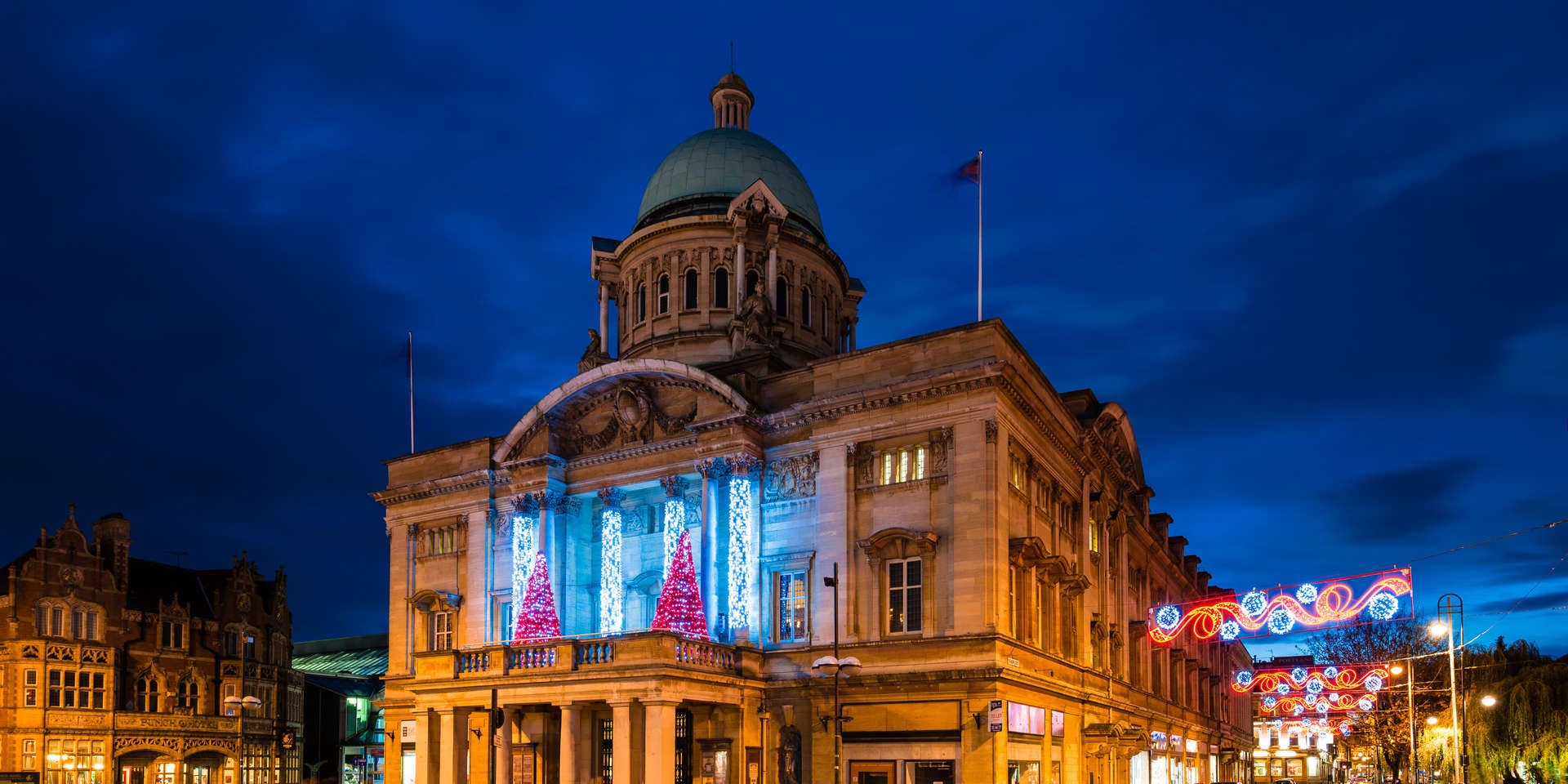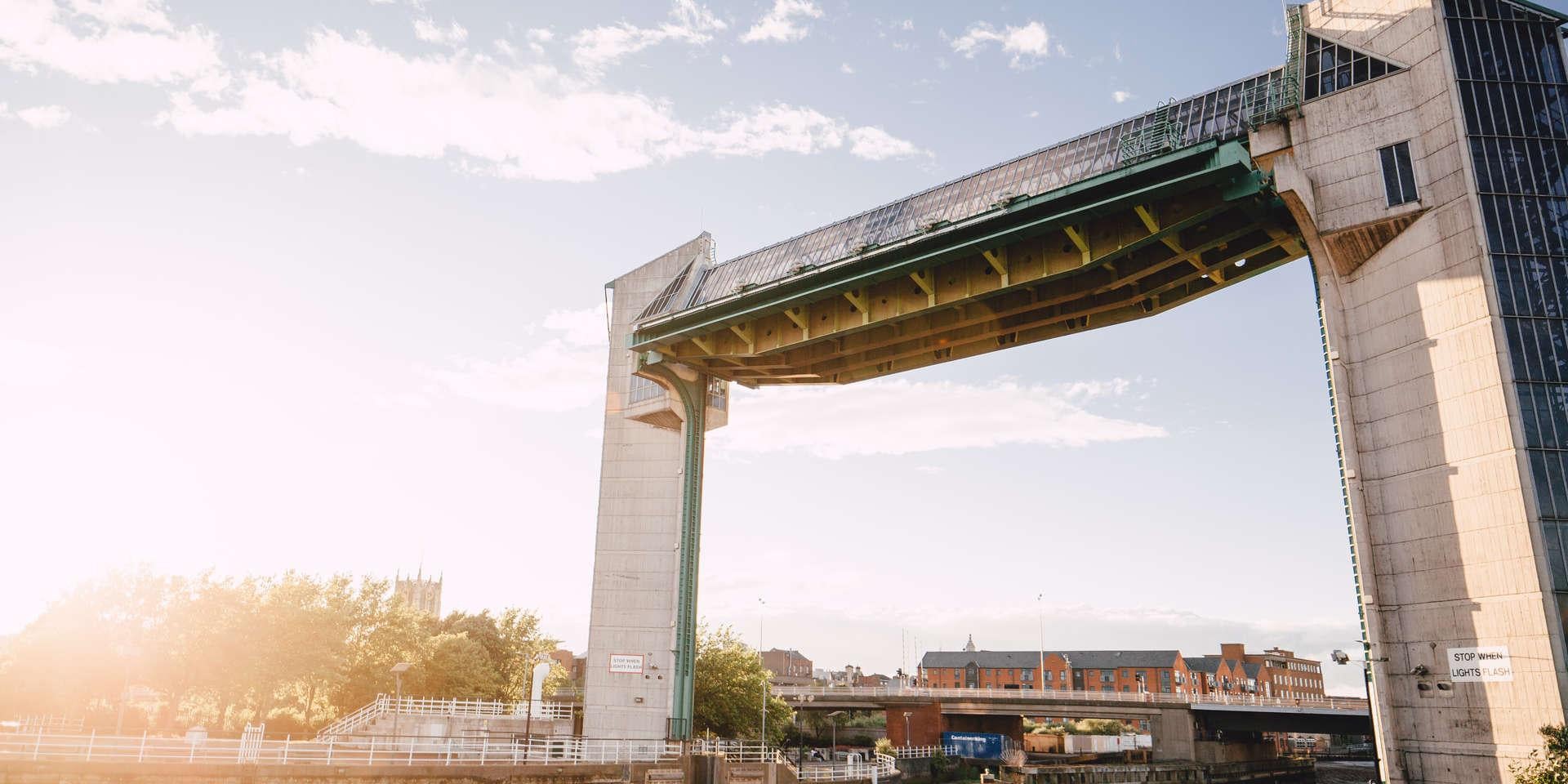Hull’s year as City of Culture aims to shed “crap town” image
As Hull unveils its artistic calendar for 2017, Simon Calder heads to Humberside to chart the much-maligned city's rise from the shadows

“Tough and uncompromising, Hull is a curmudgeonly English seaport” — so begins the chapter on the Humberside city in Lonely Planet’s guide to England.
In 2003, it was voted number one Crap Town in Britain, and it has been described as “a city with a village mentality”.
In the EU referendum, Hullensians voted by more than two to one to leave Europe, despite its historic links with the Continent and the city’s dependence on tourism from Belgium, Holland and Germany.
But today Hull took its place on the world stage, unveiling its artistic programme for 2017 — when it will be the UK City of Culture.
The launch took place at the Hull Truck Theatre, pioneered by the playwright John Godber. The organisers are promising “the biggest celebration Hull has ever seen”.

The first three months are branded as “Made in Hull”, featuring “the city’s revolutionaries, the thinkers and innovators who broke the rules and made their mark on the world”.
The year will begin with a week-long opening event that is described as a documentary son-et-lumière by the filmmaker Sean McAllister. Also called Made in Hull, it tells the story of the past 70 years through projections onto the city’s key buildings.

More mainstream events include the world premiere of Richard Bean’s The Hypocrite, a co-production between Hull Truck Theatre and the Royal Shakespeare Company.
The city's Ferens Art Gallery is due to re-open after a £4.5m refurbishment, and will host the 2017 Turner Prize.
Tony Hall, director-general of the BBC, said he wanted the Corporation to be “unashamedly Hull-centric” during the coming year. Rosie Millard, chair of the event's board of trustees, told The Independent: “I think Hull is the most unknown city in the UK. It is an isolated place, which has been able to forge its own culture."
Martin Green, director of Hull 2017, described Hull as: “A historic city, a modern city, a thriving city that has a great cultural underground.

“The place does have a different view of the world.”
When The Independent asked how the city planned to tempt visitors up from the south of the country, who could easily spend the same amount to visit a famously cultural European city such as Barcelona or Rome, Green pointed out that many people have already visited those places, and that "it is in human nature to discover the unknown".
Join our commenting forum
Join thought-provoking conversations, follow other Independent readers and see their replies
Comments
Bookmark popover
Removed from bookmarks